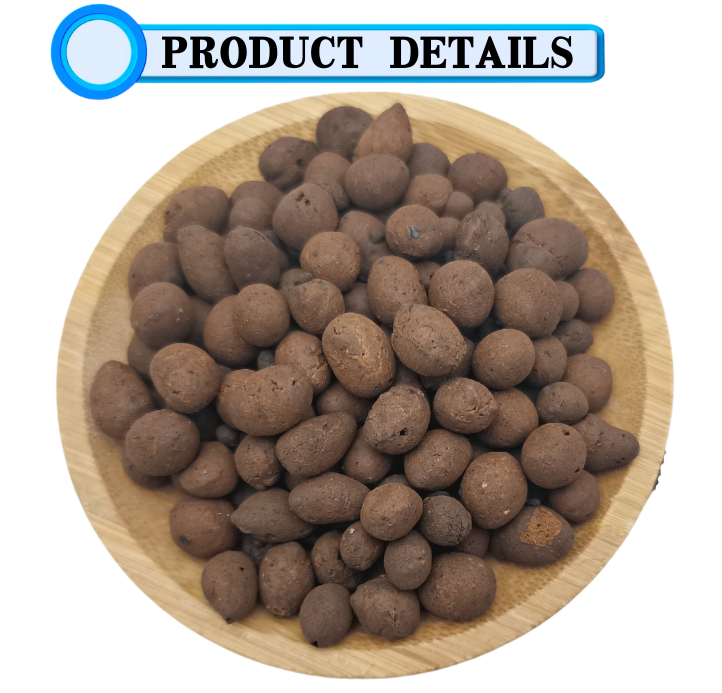
Exploring the Benefits of Perlite in Sustainable Agriculture Practices
The Role of Perlite in Agriculture Enhancing Growth and Sustainability
Perlite, a naturally occurring volcanic glass, has cemented its position as a vital component in agricultural practices worldwide. Its unique physical and chemical properties make it a superior soil amendment, contributing significantly to plant growth and soil health. This article delves into the benefits of perlite in agriculture, its applications, and how it can foster sustainable farming practices.
What is Perlite?
Perlite is formed by the rapid cooling of volcanic glass, which, when heated to approximately 1,600 degrees Fahrenheit, expands into lightweight, white granules. This process results in a porous material that is both lightweight and provides excellent drainage. The granular structure of perlite enables it to hold water while allowing excess water to flow away, making it an ideal soil amendment.
Benefits of Perlite in Agriculture
1. Improved Aeration and Drainage
One of the most significant advantages of perlite is its ability to enhance soil aeration. The presence of perlite in potting mixes or garden soil allows for better air circulation around plant roots, promoting healthy root development. This increased aeration is particularly beneficial for plants that are susceptible to root rot caused by waterlogged soil.
Despite its drainage capabilities, perlite also retains moisture. Its structure allows it to hold water without becoming saturated, making it an excellent medium for regulating moisture levels in soil. This property is especially advantageous in arid regions or during dry seasons, as it helps to reduce the frequency of watering and conserve water resources.
3. Nutrient Retention
Perlite can also play a crucial role in nutrient retention. While it does not provide nutrients on its own, it helps to facilitate the efficient use of fertilizers applied to the soil. The porous nature of perlite allows it to hold onto nutrients, making them available to plants over time, thus reducing nutrient leaching and waste.
perlite agriculture

4. Lightweight Nature
The lightweight characteristic of perlite makes it easier to handle, transport, and apply in agricultural settings. This is particularly beneficial for commercial greenhouses or nurseries, where large volumes of soil mix are required. Its low weight reduces the overall load, making it easier for farmers and workers to manage their crops.
Applications of Perlite in Agriculture
Perlite finds numerous applications in agricultural practices, ranging from container gardening to large-scale farming
- Soilless Growing Media Many greenhouse operators use perlite as a primary component in soilless growing media, often mixing it with other materials like coconut coir or peat moss. This combination supports hydroponic systems and allows for precise control over nutrient delivery. - Seedling Production Perlite is commonly used in seedling and propagation mixes. Its ability to retain moisture while providing excellent drainage creates an optimal environment for germinating seeds and rooting cuttings.
- Landscaping and Garden Beds Home gardeners often add perlite to garden beds to improve soil structure, aeration, and drainage. It benefits various plants, including vegetables, flowers, and shrubs, ensuring they thrive.
Sustainability and Environmental Impact
The use of perlite in agriculture aligns with sustainable farming practices. Its ability to enhance water conservation, reduce the need for chemical fertilizers, and promote healthy soil ecosystems contributes to environmentally friendly agriculture. Moreover, as a natural material, perlite is non-toxic, inert, and environmentally safe, making it a preferred choice for organic farming.
Conclusion
Perlite has established itself as an indispensable tool in modern agriculture, providing a plethora of benefits that help grow healthier and more resilient plants. Its unique properties allow for improved soil aeration, moisture retention, and nutrient availability while supporting sustainable farming practices. As agriculture continues to evolve in response to climate change and resource constraints, the adoption of versatile materials like perlite will be crucial for promoting environmental stewardship and ensuring food security worldwide. Whether in commercial applications or home gardening, the role of perlite will undoubtedly continue to expand, contributing to a greener and more sustainable future.
Share
-
Premium Resin Coated Sand - High Heat Resistance CastingNewsJul.31,2025
-
High Quality Silicon Carbide Grit for Abrasive ApplicationsNewsJul.30,2025
-
High-Quality Ceramsite for Plants & Gardening | Lightweight PebblesNewsJul.29,2025
-
Premium Burgundy Glass Marbles for Vases & Shooter GamesNewsJul.29,2025
-
High Purity Quartz Sand for Industrial and Ground ApplicationsNewsJul.29,2025
-
High-Quality Barite Powder for Drilling & Industrial UseNewsJul.29,2025






